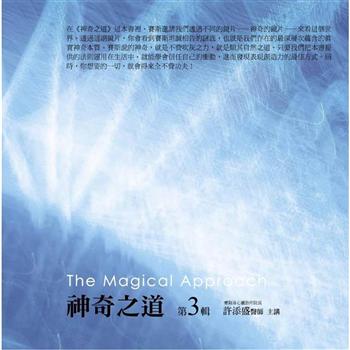Some things seem to go on so long that we take them for granted. Egypt’s Mubarak regime has that timeless quality, but in truth it nears the end. Presidential elections are scheduled for 2011, if not sooner, and the aged Mubarak will likely step aside. His son Gamal waits in the wings, seemingly alone. But the regime comes under many pressures, both foreign and domestic, to bring democratic reforms and free and fair elections to Egypt. A hereditary succession would be highly suspect, and in all probability destabilizing and illegitimate. Furthermore, as a key Middle East power and crucial US ally, Egypt’s transfer of power has profound implications for the region and must be managed with the utmost care. Meanwhile, the threat of an Islamist regime lurks in the background, as the Muslim Brotherhood has achieved a grudging parity with the weakening Mubarak regime since 2005. The push for democratic reform is thus tempered by the perceived need for stability. Meanwhile, the Egyptian people long for democracy, and the thought of a Gamal Mubarak regime stretching across two more decades is crushing to contemplate.
| FindBook |
有 1 項符合
The Mubarak Leadership and Future of Democracy in Egypt的圖書 |
 |
The Mubarak Leadership and Future of Democracy in Egypt 作者:Arafat,Ala Al-din 出版社:Palgrave Macmillan 出版日期:2009-06-16 語言:英文 規格:精裝 / 14.6 x 21.6 x 1.3 cm / 普通級 |
| 圖書館借閱 |
| 國家圖書館 | 全國圖書書目資訊網 | 國立公共資訊圖書館 | 電子書服務平台 | MetaCat 跨館整合查詢 |
| 臺北市立圖書館 | 新北市立圖書館 | 基隆市公共圖書館 | 桃園市立圖書館 | 新竹縣公共圖書館 |
| 苗栗縣立圖書館 | 臺中市立圖書館 | 彰化縣公共圖書館 | 南投縣文化局 | 雲林縣公共圖書館 |
| 嘉義縣圖書館 | 臺南市立圖書館 | 高雄市立圖書館 | 屏東縣公共圖書館 | 宜蘭縣公共圖書館 |
| 花蓮縣文化局 | 臺東縣文化處 |
|
|
圖書介紹 - 資料來源:博客來 評分:
圖書名稱:The Mubarak Leadership and Future of Democracy in Egypt
|











